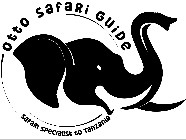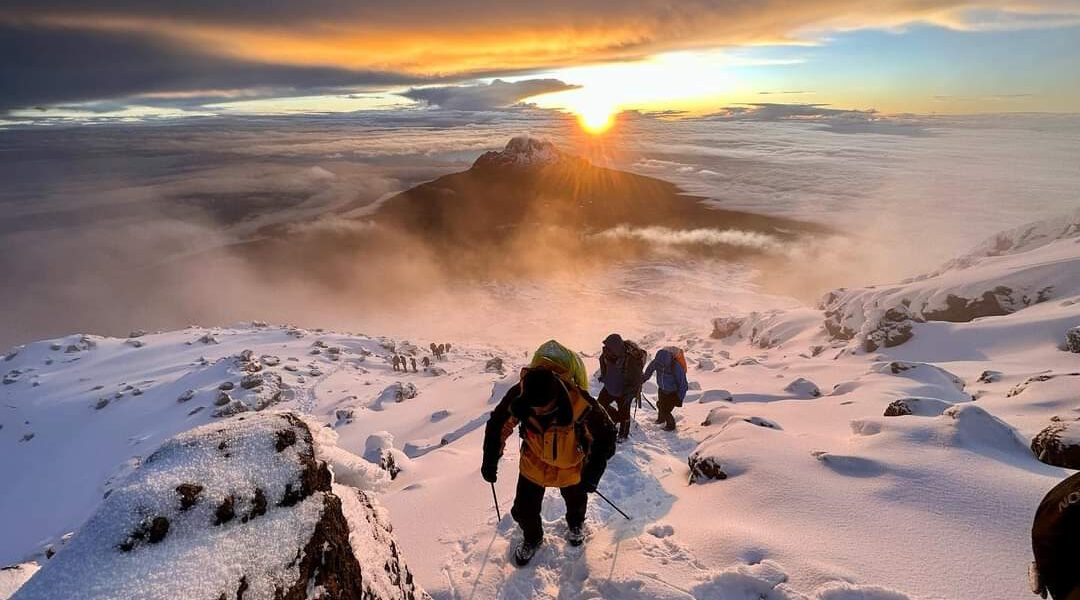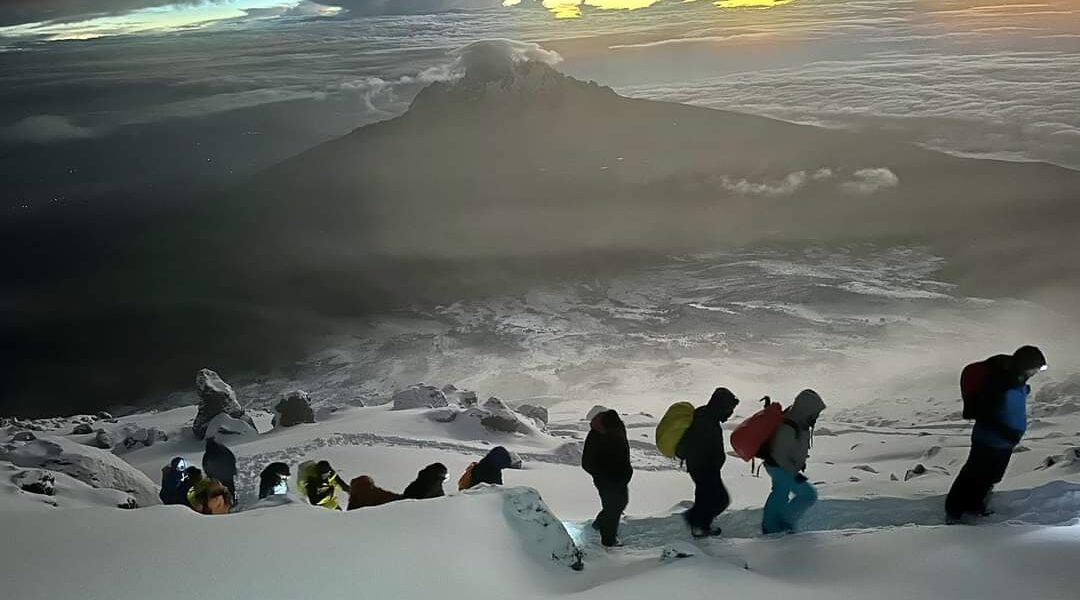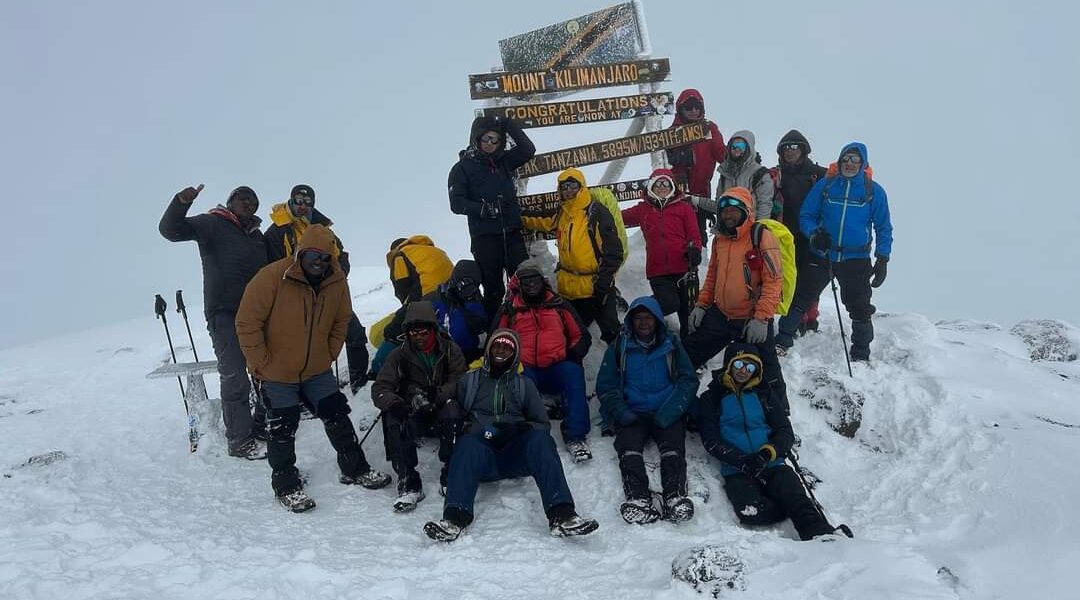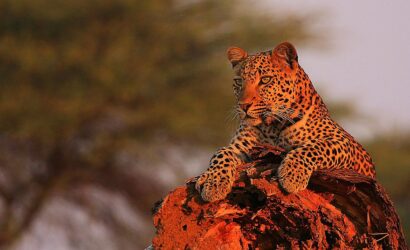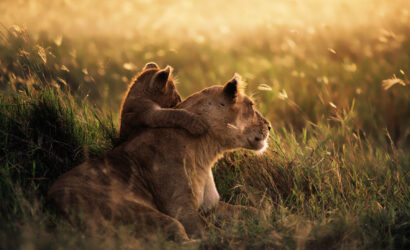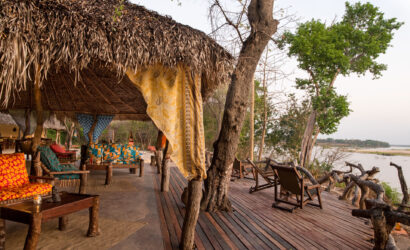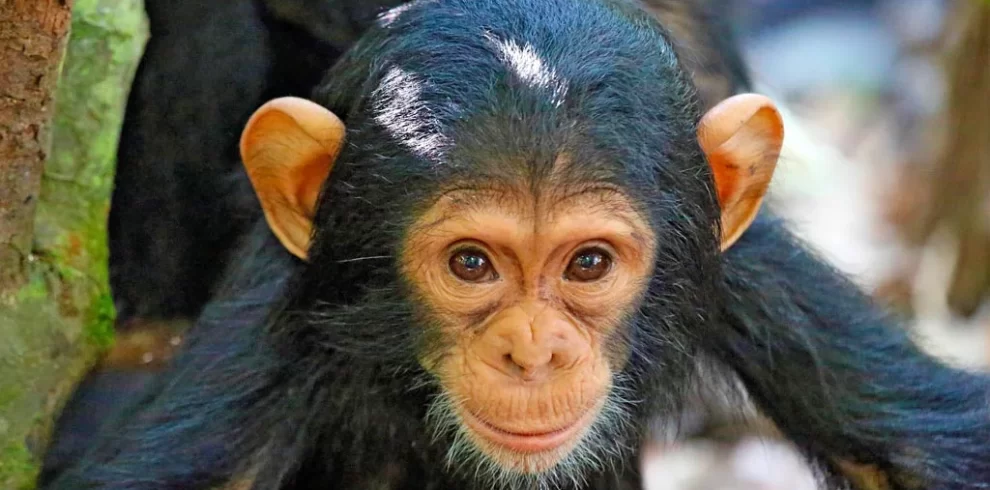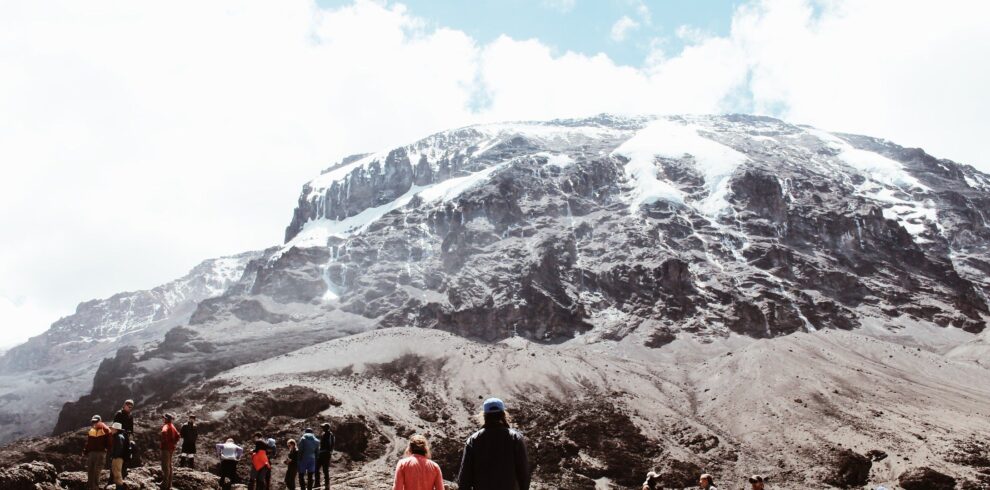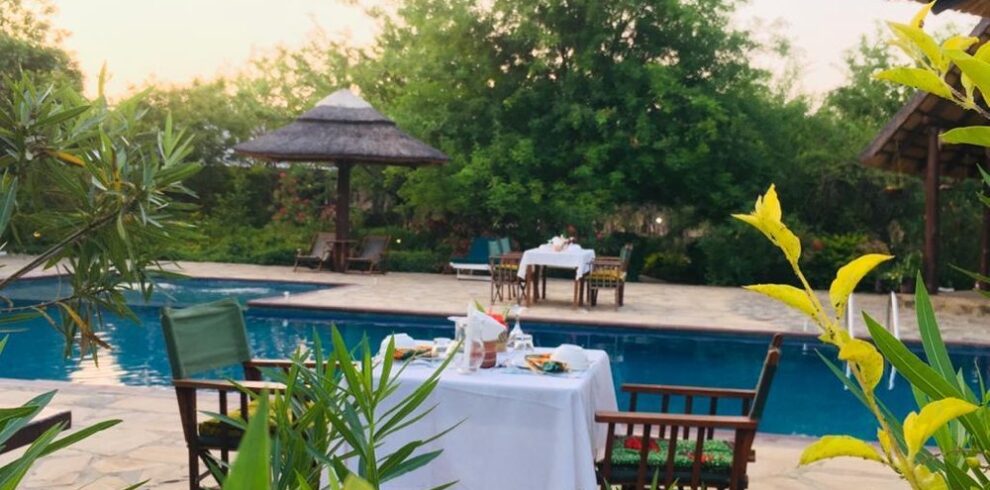Embark on this 7-day Kilimanjaro expedition via the Rongai Route, where each step takes you closer to the Roof of Africa. Conquer the challenges, savor the breathtaking views, and create memories that will last a lifetime.
-
Min Bus
-
Camp Site
-
5,895 metres
-
Moshi/KIA
-
Jan to Feb
-
Eco-Tour, Hiking
-
All meals during the trek
-
All
-
Easy to Moderate
-
14
Overview
Embark on an exhilarating 7-day trek to conquer the majestic Mount Kilimanjaro via the Rongai Route. Known for its scenic landscapes and a less crowded ascent, the Rongai Route offers a unique approach to Uhuru Peak, the highest point in Africa. This challenging yet rewarding journey promises awe-inspiring vistas, diverse ecosystems, and the triumph of standing atop Africa’s rooftop.
Highlights
- Rongai Route Ascend: Choose the less-traveled Rongai Route for a quieter and more serene ascent, providing a sense of solitude amidst Kilimanjaro's grandeur.
- Diverse Landscapes: Traverse through diverse landscapes, from lush rainforests to alpine meadows, arid lunar-like deserts to the icy Arctic summit.
- Camping under the Stars: Camp in designated sites, immersing yourself in the natural beauty of Kilimanjaro and enjoying nights under the starlit African sky.
- Uhuru Peak Triumph: Stand triumphantly at Uhuru Peak (5,895 meters), the highest point on Kilimanjaro. Marvel at the breathtaking sunrise over the African plains.
- Expert Guides: Benefit from experienced guides providing valuable insights, ensuring safety, and enhancing your overall Kilimanjaro experience.
